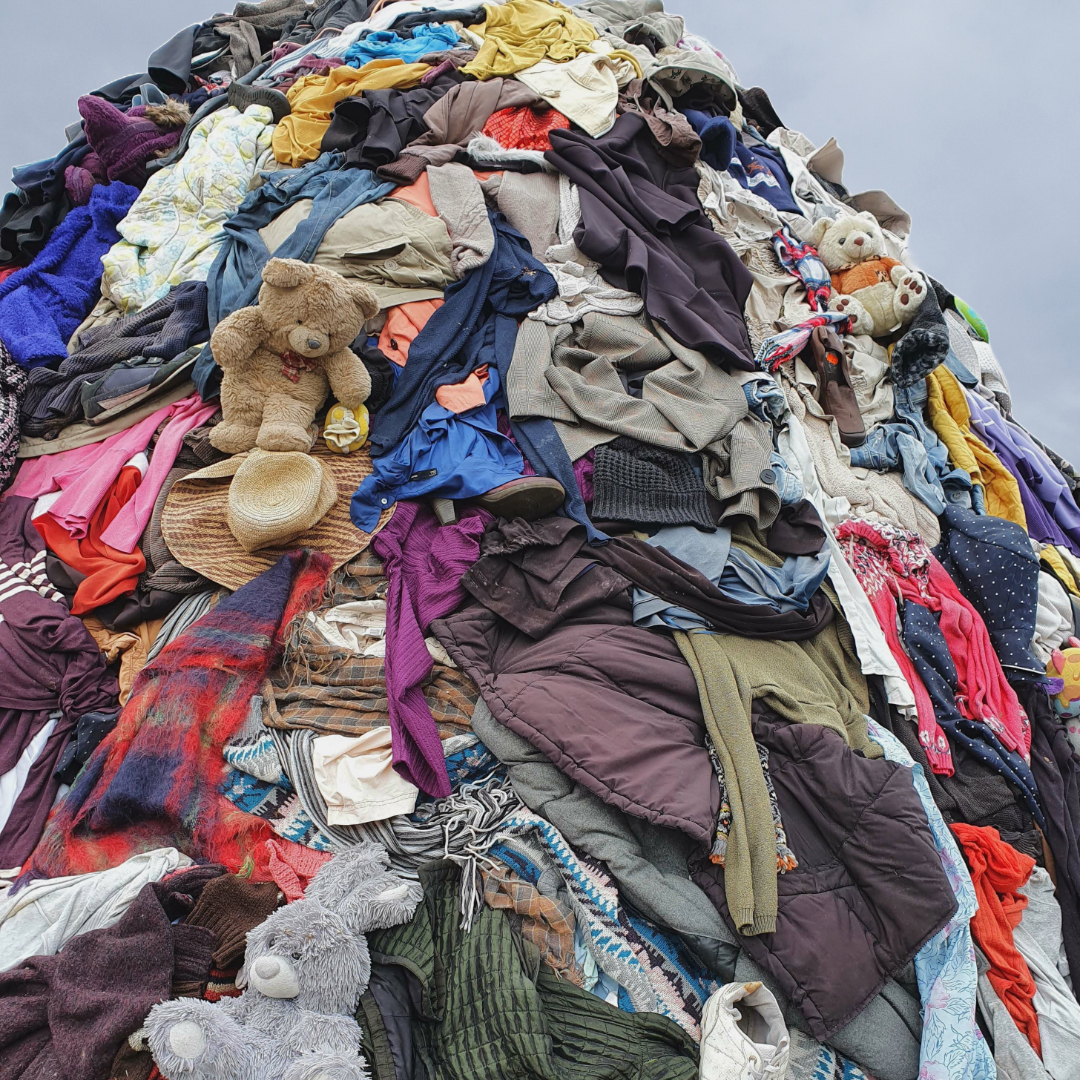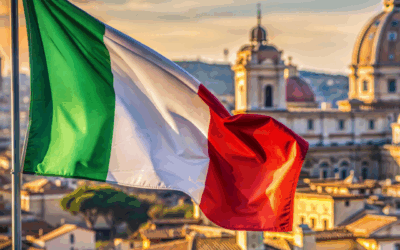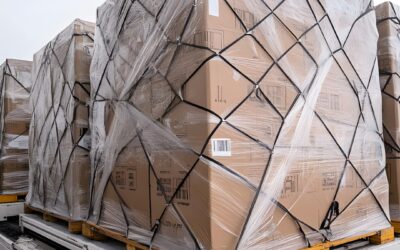Textile EPR in Europe: an opportunity for a greener future in fashion


The textile industry is one of the largest and most influential economic sectors in the world, but also one of the most environmentally damaging. The constantly increasing production of textiles brings ecological problems with it. A sustainable textile industry therefore requires circular solutions in production and recycling. In its EU strategy for sustainable and recyclable textiles, the European Commission presents measures to promote the sustainable handling of textile waste in line with extended producer responsibility (EPR).
The EPR generally aims to transfer responsibility for the entire life cycle of a product to manufacturers and producers. In Europe, various countries have already taken steps to implement EPR schemes specifically for the textile sector to promote sustainability in the fashion industry. In the following article, we take a look at the EU’s proposals and the first implementations of the textile EPR in various countries.
Behind the textile EPR
The EPR is a political and ecological concept that aims to transfer responsibility for the entire life cycle of a product to the manufacturer. It is based on the Waste Framework Directive (2008/98/EC), which forms the basis for waste management and recycling within the EU.
In accordance with the EU Waste Framework Directive, all member states must set up a ‘separate collection of textiles and hazardous waste’ generated in households by 1 January 2025. The aim is to minimise the environmental impact of textile production and disposal. The introduction of EPR systems for textiles is intended to motivate manufacturers to design more durable and easily recyclable products. Manufacturers should also be made responsible for bearing the costs of managing textile waste in order to boost recycling.
These changes are in line with the objectives of the European Green Deal to promote a sustainable and circular economy. Textiles are a big driver of this. The objectives of the EU strategy for sustainable and circular textiles, which is intended to expand the current directive, therefore stipulate that by 2030, textile products should consist largely of recycled fibres and must not contain any hazardous substances. The basis for this is the expansion of fibre-to-fibre recycling.
Other proposals include:
- Introduction of binding ecodesign requirements
- Ban on the destruction of unsold or returned items
- Introduction of a digital product passport
The textile strategy is currently still in the legislative process as a draft amendment to the Waste Framework Directive.
EPR in the textile sector: status quo in Europe
The first EU countries have already introduced measures and regulations regarding the handling of textile waste. Other countries are in the planning or introduction phase. However, there is not yet a comprehensive solution for textile EPR in Europe.
France as a pioneer
France is playing a pioneering role and was the first European country to introduce an EPR system for textiles back in 2008. This system requires manufacturers, importers and distributors of textiles and shoes to ensure that their products are collected and recycled at the end of their useful life. The French organisation Refashion (formerly Eco TLC) coordinates the collection and recycling of used textiles and ensures that these materials are reused or recycled.
Textile EPR in the Netherlands
Since 1 July 2023, the Netherlands has also introduced extended producer responsibility (EPR) for textiles by the Ministry of Infrastructure and Water Management under the UPV Textiles Act. Since then, manufacturers and retailers (including those from abroad) have also been responsible for recycling their textiles. To this end, they are required to register and pay an EPR fee.
Introduction of the textile EPR in Latvia
Latvia will also introduce EPR obligations for textiles on 1 July 2024. The amendment to the law was adopted on 16 March 2023. From July 2024, manufacturers will be obliged to bear the costs of collecting, processing and recycling their textile waste. To do so, they must report their quantities and pay the fees to an EPR system. The existing LZP packaging system in Latvia is also to be extended to textile products.
Textile EPR obligations in Hungary
Licensing has been mandatory in Hungary since July 2023 with an EPR fee and quantity declaration. Cooperation with PRO is possible, but voluntary for retailers. Textiles in clothing, household textiles and shoes must be registered. If you ship to Hungary from abroad, you need an authorised representative to fulfil the EPR obligations.
Effects on industry and consumers
The implementation of EPR systems in the textile industry is a decisive step towards a more sustainable and resource-conserving economy. After all, textiles are omnipresent. Whether in our clothing, furniture or home textiles, in vehicles or as medical equipment: they accompany us wherever we go. However, their production and disposal has serious consequences for the climate, environment and people. Fast fashion is a major driver here. By taking responsibility for the entire life cycle of their products, manufacturers can make a significant contribution to reducing textile waste and promoting a circular economy.
However, the challenge in developing suitable EPR systems is the coordination between different players, the creation of efficient collection and recycling systems and securing financing. In addition, there are still major differences in national legislation and market conditions, which make it difficult for retailers to find a standardised European solution.
On the consumer side, sustainable cycles could make fast fashion less important. Transparency obligations will also give consumers better access to information about the origin, production and disposal of their textiles. While slightly higher prices for textile products may be an immediate consequence, there are also numerous benefits through more conscious purchasing decisions, better return options and increased environmental awareness. Overall, the changes promote a more sustainable consumer culture and support the transition to a circular economy in the textile sector.

LIZENZERO.EU makes packaging compliance in Europe very easy.
Do you ship your products to different countries in the EU? Many different legal requirements and obligations can make the whole thing quite complicated – but don’t worry, we’ll do it for you. How do we do it? With our licensing service, we take over all obligations for you by power of attorney. Sounds good? We’ll be happy to advise you.
For shipping to Germany, you can easily fulfill your packaging obligations yourself via Lizenzero.de.
Ban on Polystyrene Packaging in France: Postponement to 2030 Brings Opportunities and Challenges
Plastic bottles are part of everyday life for many people, whether on the go, at the office, or during sports. In recent years, the materials used to make these bottles have come under increasing scrutiny, especially due to EU-level regulations. Consumers are paying more attention to which chemical substances may be present in their bottles. One of the most well-known and controversial substances is bisphenol A (BPA). BPA is often incorrectly referred to as a plasticizer. It has been heavily criticized for years because of its hormone-like effects and potential health risks, not only in plastic bottles.
EPR in Italy: duties for e-commerce & textiles
New rules for selling via online marketplaces have been in force in Italy since November 2024: With Law 166/2024 (amendment to the existing Legislative Decree 152/2006), Italy is tightening the EPR requirements. Italian online marketplaces must now record and pay data and fees for products subject to EPR in the area of electrical and electronic equipment (WEEE) on behalf of their retailers. For you as a retailer, this means that anyone selling to end customers via an Italian marketplace must be registered.
Commercial packaging in the EU: obligations at a glance
In this article, we explain the differences between the packaging types, the legal basis for them and how some EU member states – specifically France, Austria and Spain – deal with commercial packaging.



